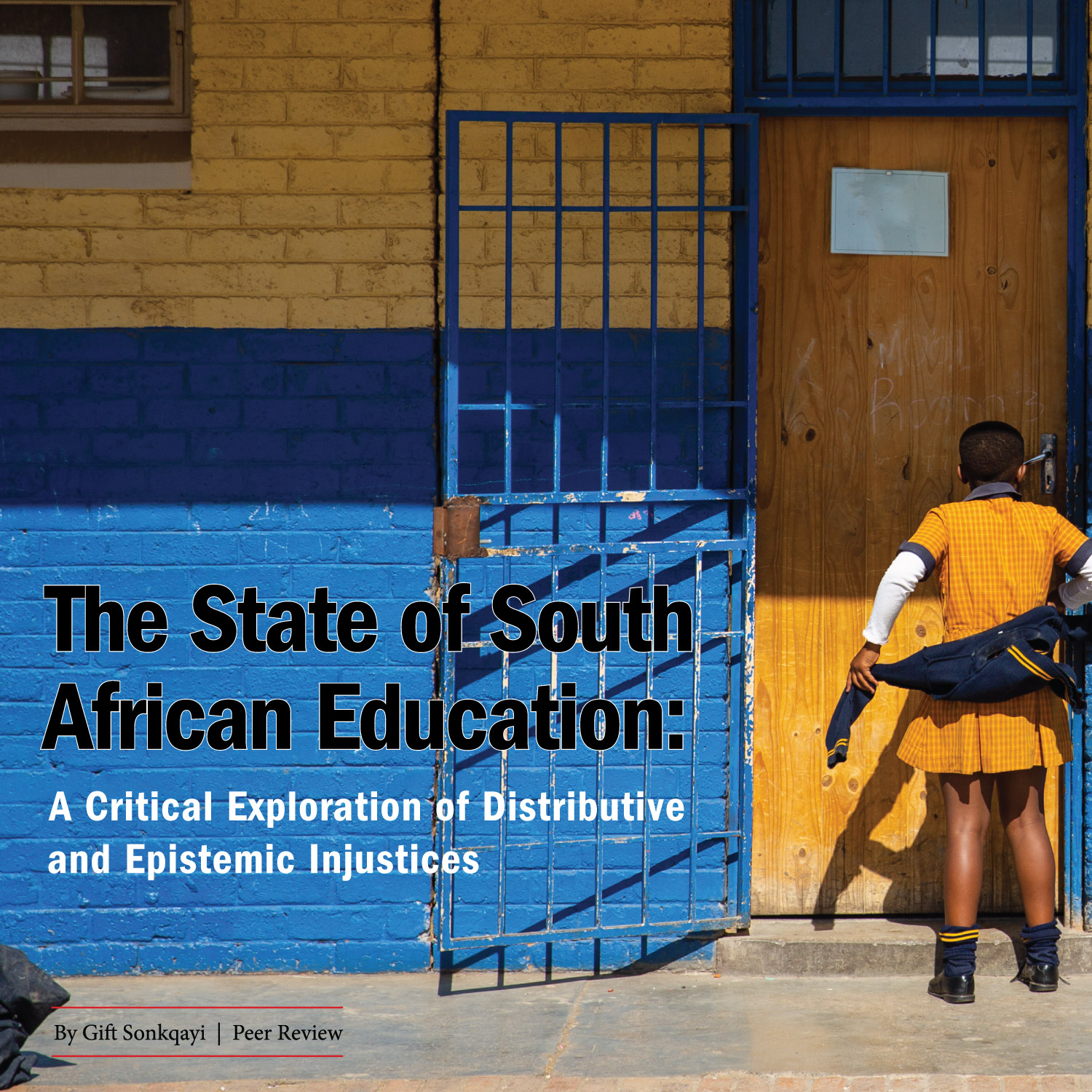The State of South African Education: A Critical Exploration of Distributive and Epistemic Injustices
Main Article Content
Abstract
The quest for a just education has, since the existence of education systems, been a part of humanity’s central concerns. The impetus for this is due to the fact that schools and many other institutions of learning exist as miniature societies which mirror that which happens in broader communities. Educationists have, in many ways, been preoccupied with the question of whether institutions of learning are engaged in the ‘undesirable’ process of reproducing inequalities. This has further resulted in the question of whether such inequalities are a by-product of systemic injustices or are mandated by our natural abilities (i.e. how the world is in and of itself). In this article, I provide a historical account of education in the context of apartheid and its legacies. I further argue that attempts to address distributive injustices are not subject to ‘extreme’ contestations, while attempts to unravel epistemic injustices are dominated by innumerable incongruities. Thus, I maintain that only knowledge that is rooted in mind-independent truth stands to liberate future citizens.

